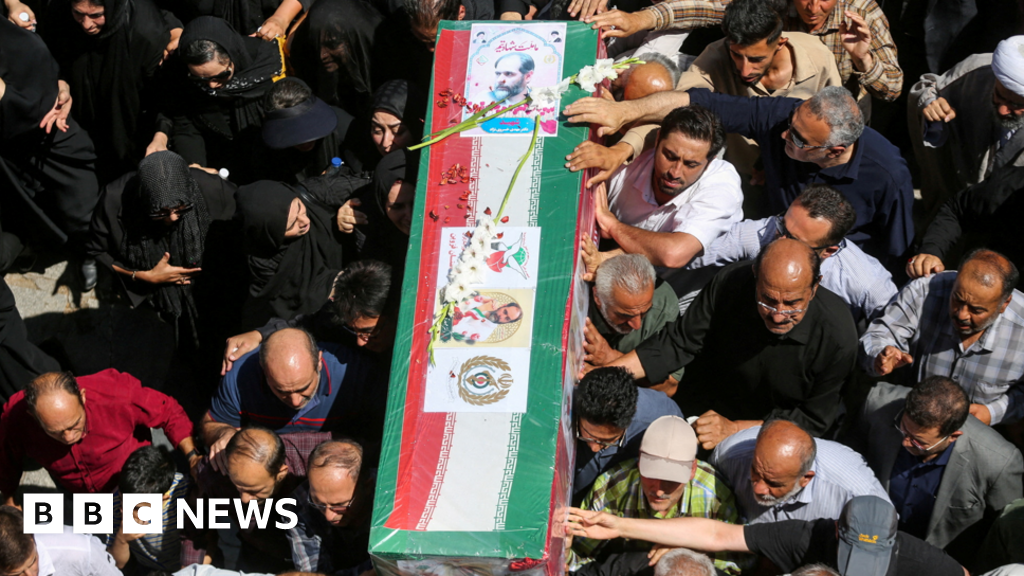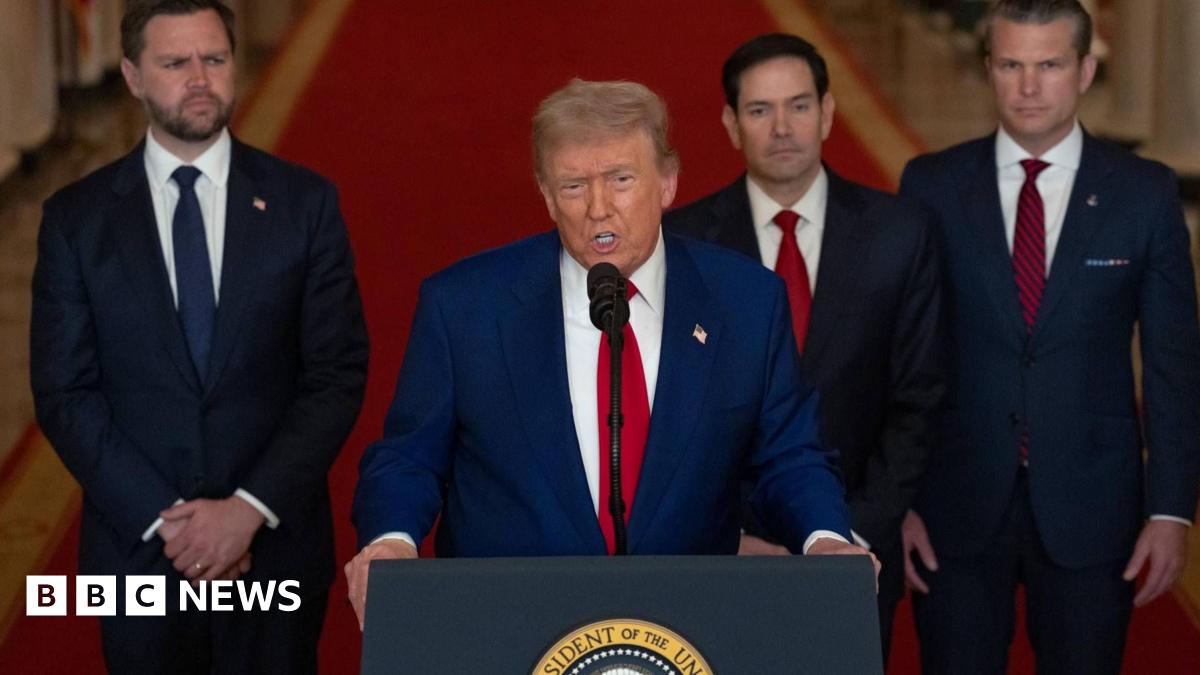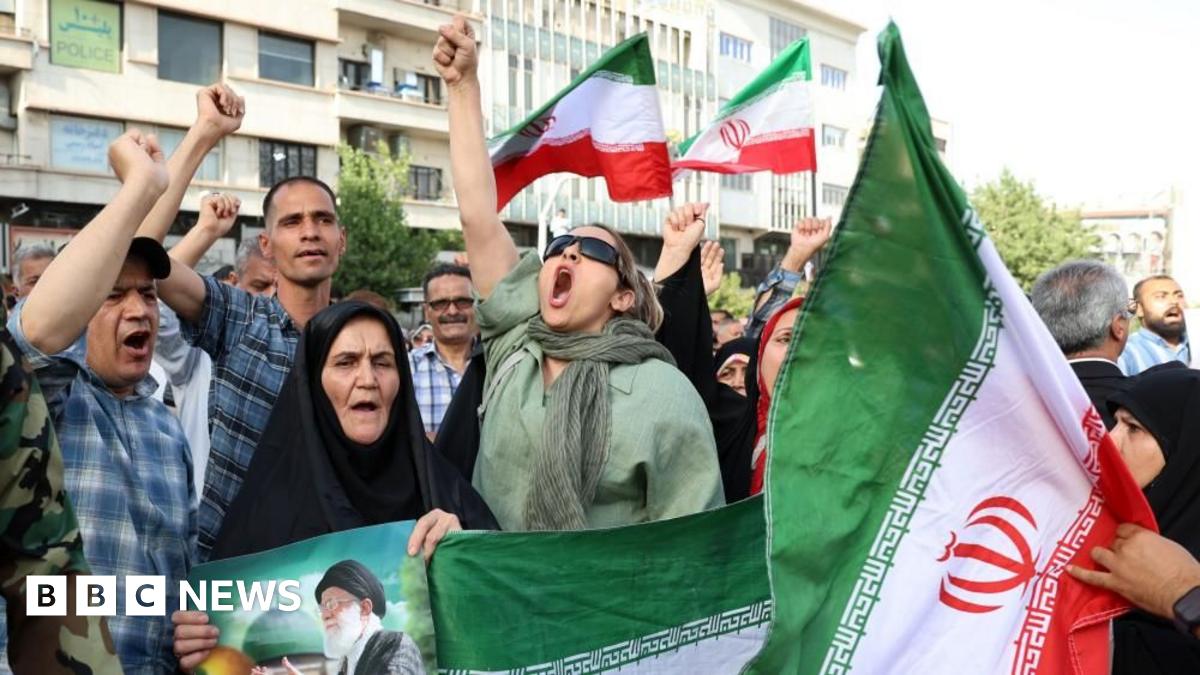Beyoncé Faces Fan Backlash Over Controversial Cowboy Carter Tour T-Shirt
2025-06-25

Daily Mail
Beyoncé's highly anticipated Cowboy Carter tour has taken an unexpected turn, as the global superstar finds herself at the center of controversy following the display of a potentially offensive T-shirt during a recent performance. The incident has sparked a wave of criticism and disappointment from a significant portion of her progressive fanbase, leading to widespread debate and calls for accountability.
The T-shirt in question featured imagery that some viewers have deemed insensitive and disrespectful. While the specific details of the design have fueled considerable online discussion and varying interpretations, the core sentiment among the critics revolves around the perception that the image trivializes or appropriates aspects of a marginalized culture. This has resonated strongly with fans who champion inclusivity and social awareness, values often associated with Beyoncé's public image and activism.
The backlash has been swift and intense, primarily unfolding across social media platforms like X (formerly Twitter) and Instagram. Fans have expressed their disappointment and frustration, with many voicing concerns about Beyoncé’s commitment to social justice and her understanding of cultural sensitivities. Hashtags criticizing the incident have trended, and online petitions calling for the removal of the T-shirt and a public apology have emerged. Some fans have even announced their intention to boycott future performances and merchandise.
Beyond the immediate reaction, the controversy has ignited a broader conversation about cultural appropriation in the music industry and the responsibilities of artists with large platforms. Critics argue that Beyoncé, as a prominent figure with considerable influence, has a duty to be mindful of the potential impact of her choices and to avoid perpetuating harmful stereotypes or disrespecting marginalized communities. Others have pointed out the historical context of country music and its complex relationship with African American contributions, suggesting a need for greater awareness and sensitivity.
Beyoncé's team has yet to officially address the controversy, leaving many fans anxiously awaiting a response. The silence has only amplified the criticism and speculation surrounding the incident. Whether Beyoncé will issue an apology, remove the T-shirt from sale, or offer further clarification remains to be seen. However, the controversy highlights the importance of cultural awareness and accountability in the entertainment industry, and the power of fans to hold their favorite artists accountable for their actions. The situation continues to evolve, and the impact on Beyoncé's reputation and the Cowboy Carter tour remains to be observed. As this unfolds, it serves as a crucial reminder for artists to engage thoughtfully with cultural narratives and to prioritize respect and sensitivity in their creative expressions.
The incident underscores the increasing scrutiny faced by celebrities and public figures regarding their cultural impact and the expectation for them to align their actions with their public statements on social justice. It also emphasizes the power of fan communities to mobilize and advocate for change, demonstrating that even the most influential artists are not immune to public accountability.






